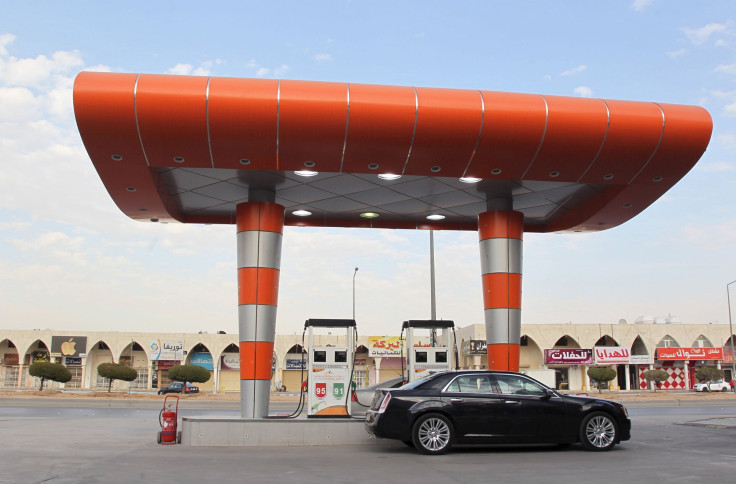Davos 2016: Arab Leaders Call For Economic Diversification Amid Plunging Oil Prices

“Diversification” was an oft-repeated word Friday during a debate at Davos over the future of economic reform in the Middle East. Reeling under the impact of a global oil shock that has sent prices tumbling, leaders from Kuwait, Bahrain and United Arab Emirates (UAE) stressed the need to reduce their dependence on oil as a source of revenue.
“The current crisis, which has been worsened by high youth unemployment levels and growing security threats, is also a blessing in disguise as it allows us to move our economy away from one that is primarily dependant on trade,” Khalid Al Rumaihi, CEO of the Bahrain Economic Development Board, said, during the debate held at during the ongoing economic summit.
“Economies need to be diverse,” he added, in remarks that were echoed across the board. “For instance, Bahrain today derives 80 percent of GDP [Gross Domestic Product] from sectors other than oil.”
Over the past 18 months, the price of a barrel of Brent Crude has fallen over 70 percent, from $110 a barrel to below $27. This has been caused primarily by a massive overproduction in Saudi Arabia, as it seeks to thwart Iran’s efforts to rejoin oil markets.
Although consumers and importers of oil have reaped the gains of cheap oil, producers — mostly members of the Organization of the Petroleum Exporting Countries (OPEC) — are suffering grievously as a skewed market continues to drag on their revenues.
After the latest drop in global crude prices, Russia announced a 10 percent cut in public spending, while Saudi Arabia was forced to drastically slash its budget to deal with its deficit of 15 percent of GDP.
“The current prices are not sustainable,” UAE’s Energy Minister Suhail Bin Mohammed Al Mazrouei said, during the debate. “A return to a fair price for producers and consumers is likely to happen either by the end of this year or by the beginning of next year.”
In the meantime, the panelists concurred, the low prices gave the oil-dependent economies in the Arab world an incentive to embrace economic reforms, such as slashing domestic subsidies on gasoline and diesel, and overhauling the bureaucracy to help private companies in the services sector.
“Everybody agrees on the need implement reforms, and not just because oil prices have dropped,” Kuwait’s Deputy Prime Minister Anas Khalid Al Saleh said. “[But] rationalizing subsidies is not the only tool that will save economies. We can’t do just that and not talk about providing support to the private sector.”
“Diversification is the key to economic recovery,” he added.
© Copyright IBTimes 2024. All rights reserved.






















